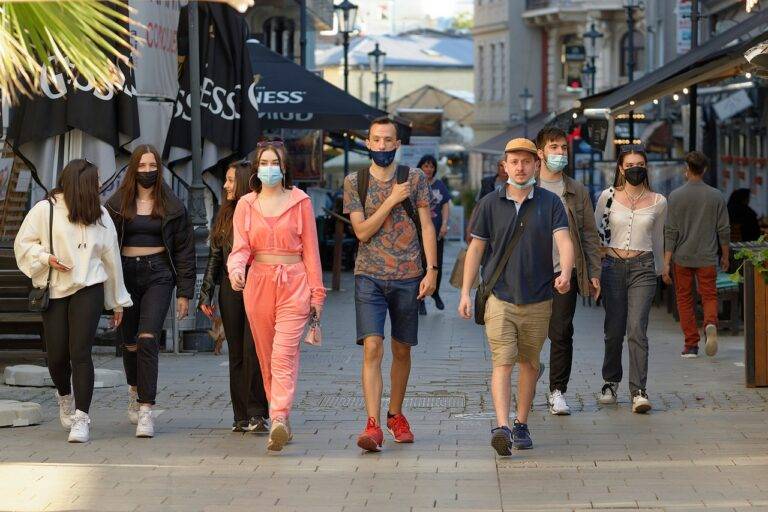Exploring the Future of Virtual Reality Therapy
Virtual Reality Therapy, also known as VR therapy, is a form of treatment that utilizes virtual reality technology to provide therapeutic interventions. By immersing individuals in computer-generated environments, VR therapy offers a unique and interactive approach to address various mental health issues. This innovative therapeutic technique is gaining traction in the healthcare field for its ability to create simulated scenarios that help individuals confront and manage their anxieties, phobias, and PTSD in a controlled and safe environment.
The use of Virtual Reality Therapy has shown promising results in the treatment of post-traumatic stress disorder (PTSD), anxiety disorders, phobias, and even chronic pain management. Through exposure therapy and cognitive-behavioral techniques integrated into virtual environments, individuals can gradually confront their fears and challenges in a more engaging and controlled setting. With the ability to customize scenarios and monitor progress, VR therapy has the potential to revolutionize traditional therapeutic approaches and improve outcomes for individuals seeking mental health treatment.
The Benefits of Virtual Reality Therapy
Virtual Reality Therapy offers a unique and immersive way to address various mental health issues. By creating computer-generated environments, individuals can confront and work through their fears and anxieties in a safe and controlled setting. This innovative approach has been shown to be effective in treating phobias, PTSD, and other anxiety disorders.
One key advantage of Virtual Reality Therapy is its ability to provide personalized and targeted treatment. Therapists can tailor the virtual environments to suit each individual’s specific needs and challenges, offering a more customized and impactful therapy experience. Additionally, the interactive nature of virtual reality allows individuals to actively engage in their therapy sessions, leading to greater empowerment and self-efficacy in overcoming mental health obstacles.
Current Applications of Virtual Reality Therapy
Virtual reality therapy has proven to be a versatile tool with various applications across different fields. In the realm of mental health, virtual reality exposure therapy is utilized to treat phobias, anxiety disorders, and PTSD by exposing patients to simulated environments that trigger their fears in a safe and controlled setting. This exposure helps individuals confront and manage their anxiety in a gradual and controlled manner, leading to desensitization and improved coping mechanisms.
In addition to mental health, virtual reality therapy is also being increasingly used in physical rehabilitation. Patients recovering from strokes, injuries, or surgeries can benefit from immersive virtual environments that guide them through exercises and activities to improve motor functions and cognitive skills. By engaging in interactive tasks within virtual scenarios, patients can regain mobility, dexterity, and confidence in a simulated yet realistic way that enhances their motivation and progress in rehabilitation.





